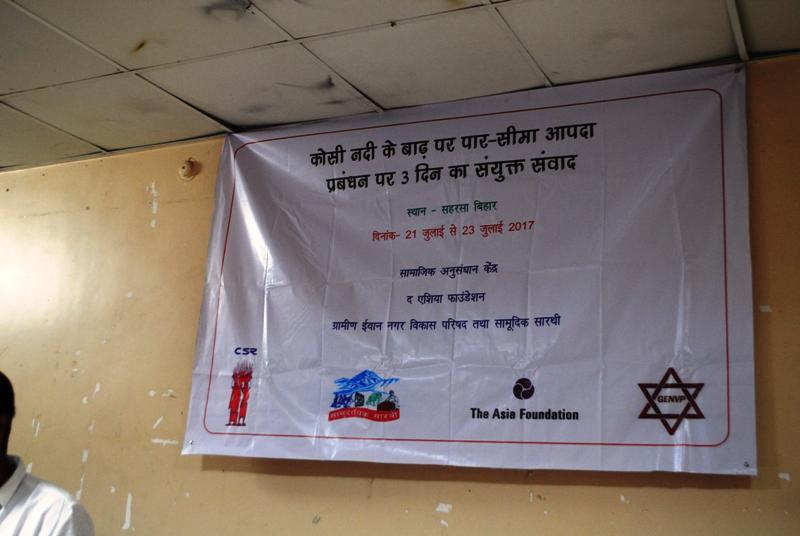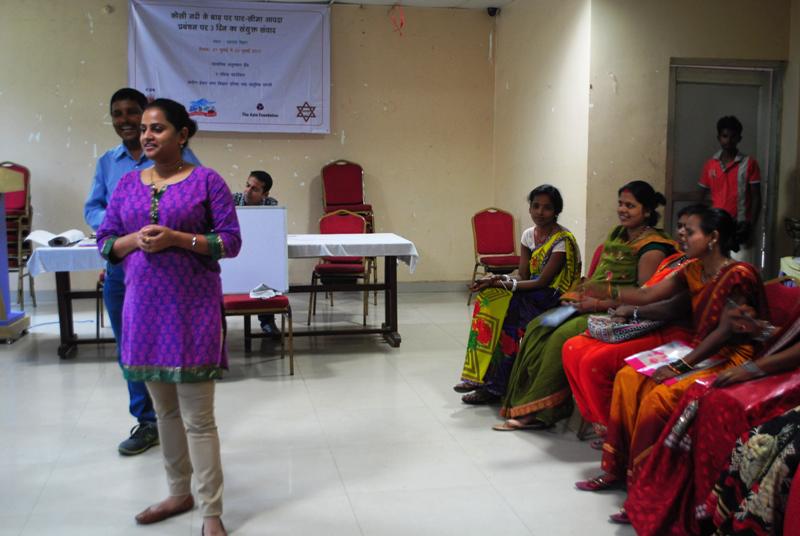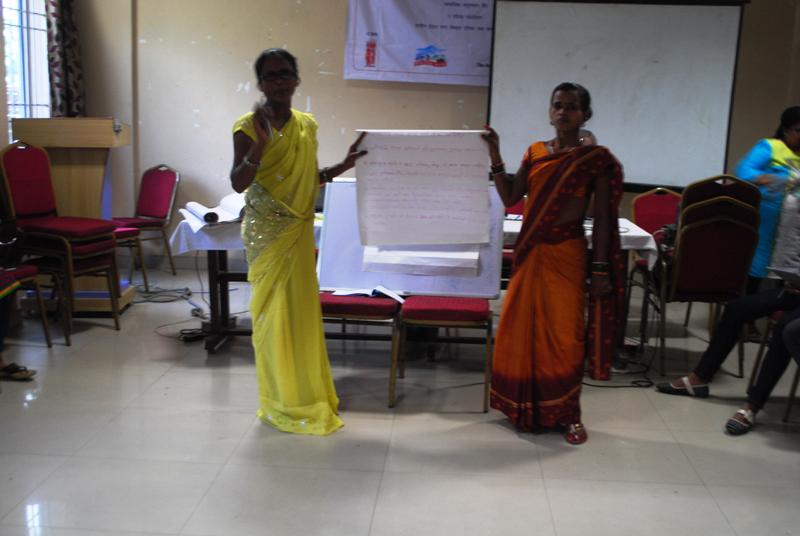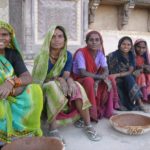Central for Social Research (CSR) is a National Voluntary Organization exclusively dedicated to the promotion of Gender Equality and the Women’s Empowerment at the National and international level. CSR is working since last 35 years and has become a Champion for Women’s Right in India and abroad. During the implementation of various activities, CSR has always given special emphasis on the training and capacity building of the stakeholders like Police, Doctor, Corporate, and Educational Institutions, School and college students, senior faculty members of academic field, Elected Women Representatives (EWR), voluntary organizations and Individual professionals for many years. In the course of implementation, GTI was established in 1997 with the support of European Union and conducted large number of trainings in India and neighboring countries at various levels. CSR seriously observes the importance of Gender equality and implements programs. Since last five years GTI continues to implement water conservation and Climate Change Training Program for the Elected Women Representatives in rural Rajasthan. CSR has established its identity by organizing high quality trainings and hand-holdings for community members to implement water conservation program in a successful and sustainable manner. In this course of implementation a large number of water experts have emerged from the ground level. They are not only implementing the programs rather they have been working as a pressure group at the Gram Sabha and ward level meetings. Looking at the success of this program CSR has initiated the trans-boundary water program in Bihar and Nepal.


This program is being implemented in a partnership with The Asia Foundation with whom CSR has already implemented many projects successfully. In this multiyear partnership CSR-GTI implements the “Training of Trainer (TOT) Program for Elected Women Representatives and Women representatives of different political units on “Trans-boundary water management” on the River basin of Kosi: India and Nepal”. This TOT program is designed after collecting all detail information by the CSR-GTI team during the inception visit followed by a series of discussions with subject experts at meetings and consultations. As a conclusive activity to the TOT, a three day Joint dialogue was conducted to bring the EWRs from India and Nepal to discuss and find out a way for future course of action for working at community level disaster plan and response.


The outcome of the three day joint dialogue was arrived through consensus among the participants on the key common areas of concerns, action points and their roles and responsibilities to take it forward. Feedback, key learning and recommendations from all the participant / stakeholders were documented.
The three day joint dialogue started with key note address and a round of introductions. Over a period of two days, government policy and issues were discussed pertaining to the disaster management plan when floods are caused owing to the overflowing Kosi River. An orientation of gender concepts was given to the consultation participants that will enable them to take responsibility and be accountable for the disaster management. There was a dynamic discussion for planning of basic needs and utilities at the time of flood. The consultation concluded with discussion around livelihood opportunities in the aftermath period of the flood when many options dwindle.


The joint dialogue was supported by Gramin Evam Nagar Vikas Parishad, Bihar and Samudayak Sarathi, Nepal. This program would not have been a success without them.




